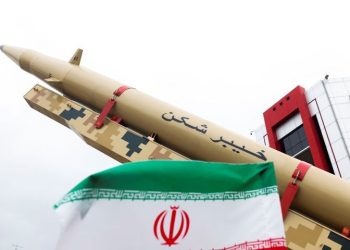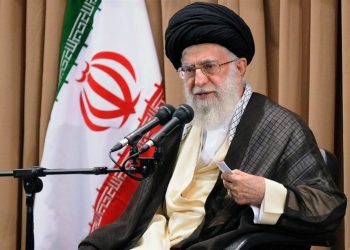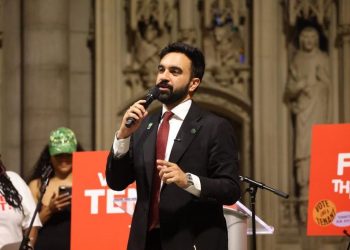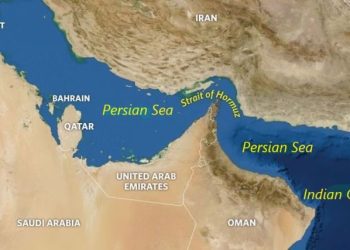Jakarta, Indonesia Sentinel — In a world driven by consumerism and monetary systems, Mark Boyle story offers a thought-provoking alternative. Known as The Moneyless Man, Boyle lived without money for three years, challenging societal norms and inspiring a reevaluation of modern life’s priorities.
Breaking Away from Consumerism
A business graduate from Ireland, Boyle initially pursued a successful career in economics. However, while working for an organic food company in Bristol, England, he became disillusioned with the societal and environmental costs of consumerism. Boyle observed that money often created a disconnect between producers and consumers, leading to widespread ignorance about the consequences of consumption. Inspired by Mahatma Gandhi’s quote, “Be the change you wish to see in the world,” he decided to take radical action.
In 2008, Boyle began his experiment to live entirely without money. He closed his bank account, gave away his savings, and started a new life. Through platforms like Freecycle, he secured a caravan as his home and joined an organic farm as a volunteer.
Life Without Money
Boyle’s day-to-day life revolved around sustainable practices. He grew his own food, foraged in nature, and relied on barter systems for necessities. At times, he even scavenged discarded items from supermarkets. Despite the challenges, including living without financial security, Boyle found unexpected joy and fulfillment in simplicity.
A humorous moment during this period occurred when Boyle used old newspapers as toilet paper, only to discover an article about himself on one of the pages. Such experiences underscored his philosophy: happiness often comes from appreciating life’s smaller, overlooked aspects.
Sharing His Philosophy
Boyle documented his journey in his first book, The Moneyless Man. Using royalties from its success, he purchased land in County Galway, Ireland, and established The Happy Pig, a community space promoting sustainability, permaculture, and human connection with nature. The initiative offers free lodging and meals, encouraging visitors to embrace generosity and simplicity.
In 2019, Boyle embarked on another bold experiment: living without modern technology. He abandoned smartphones, internet access, and electronic devices, opting for a self-built cabin without electricity or running water. Writing for The Guardian with pen and paper, he communicated through postal mail, underscoring his belief that technology often alienates humans from nature and fosters environmental exploitation.
Greenland Opens First International Airport, Paving Way of Direct Flights for Tourism
A Thought-Provoking Legacy
Mark Boyle’s life challenges conventional notions of wealth and happiness. By rejecting consumerism, he demonstrates how mindful living can reconnect people with what truly matters—nature, community, and purpose. Boyle’s journey reminds us that while money and technology may offer convenience, they should not come at the expense of humanity’s deeper connections with the world around us.
(Becky)
























